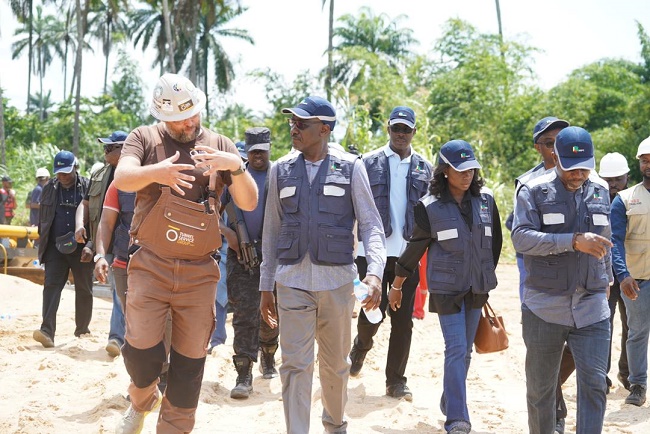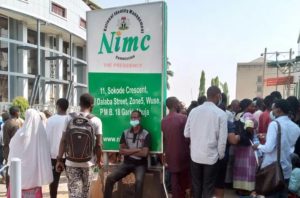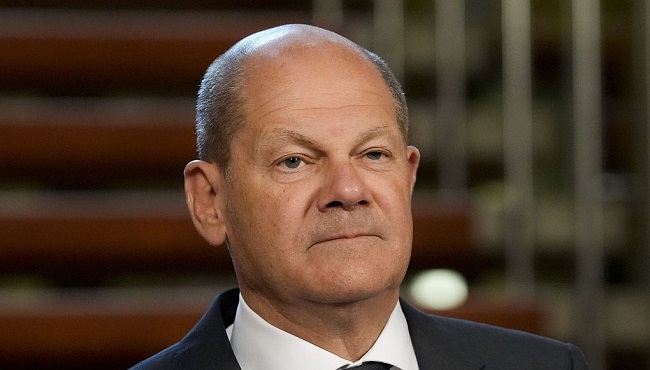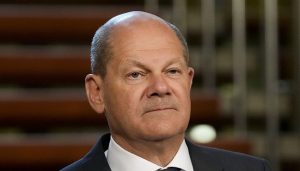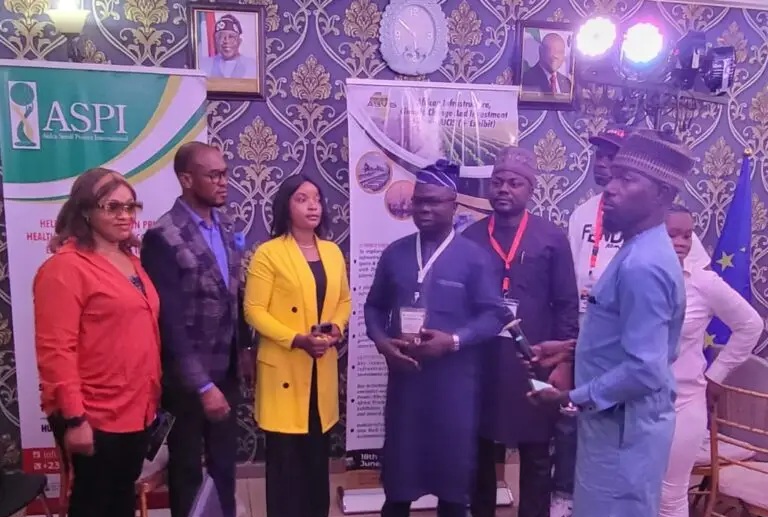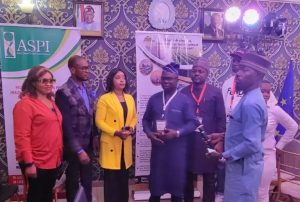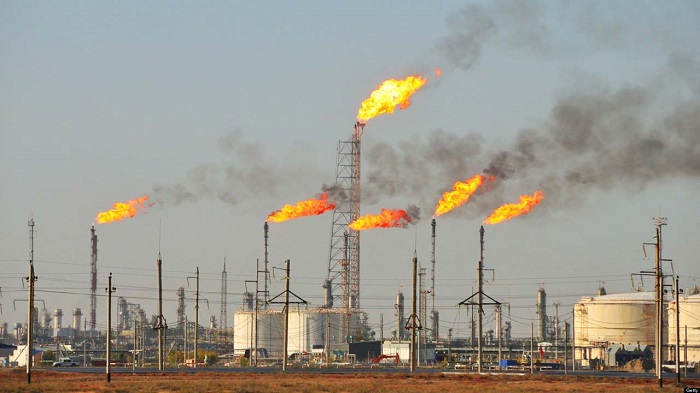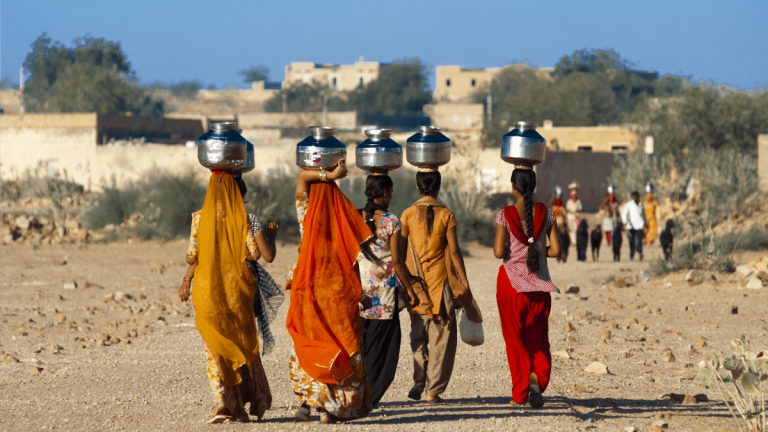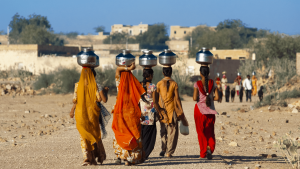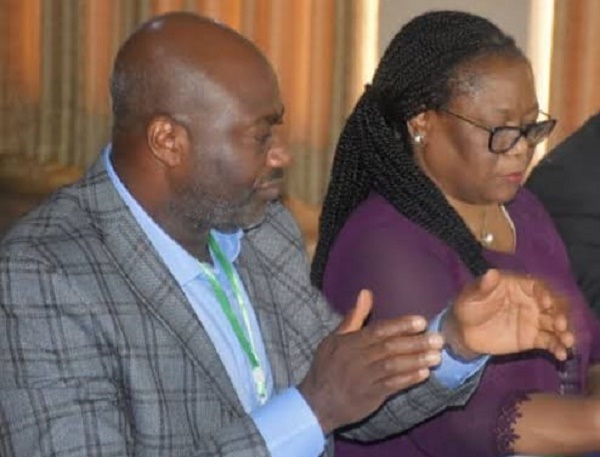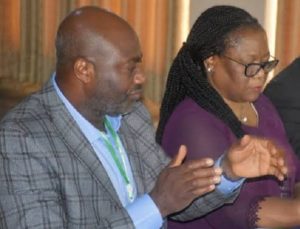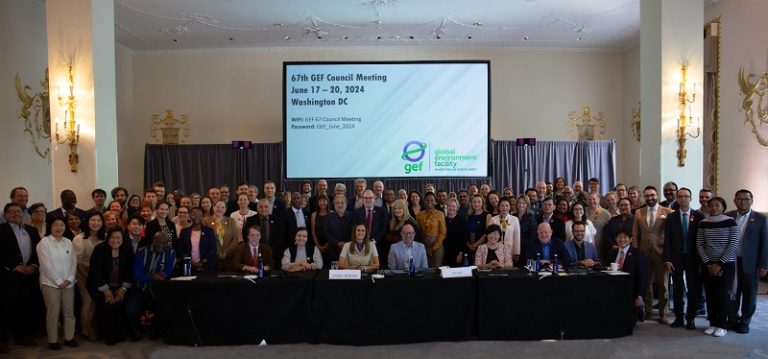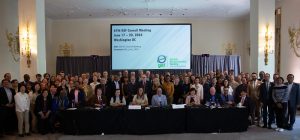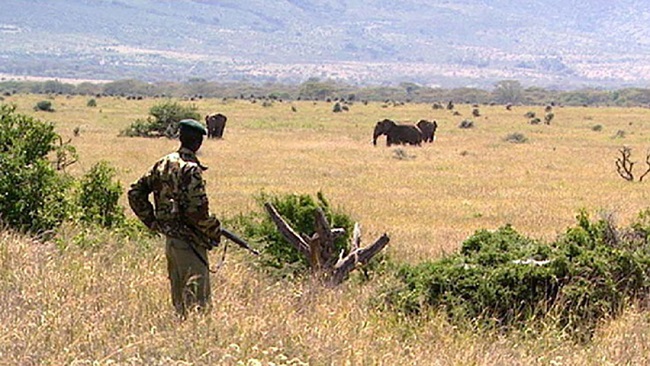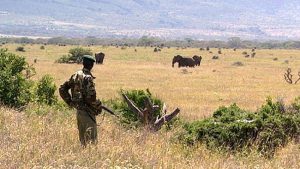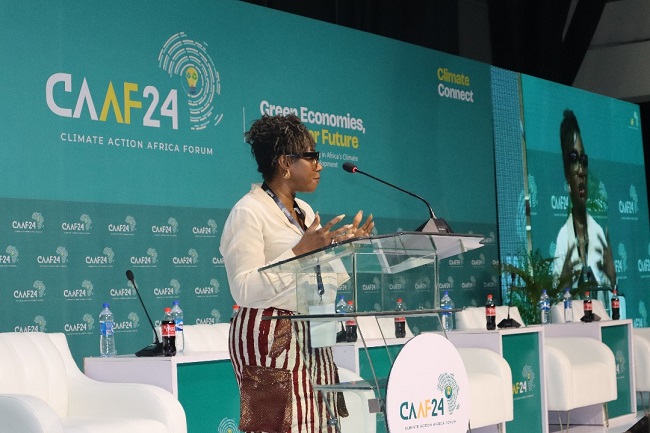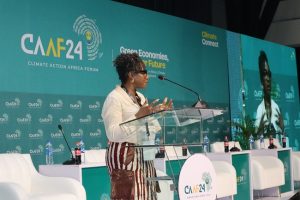In yet another major step towards boosting nationwide gas supply to drive industrialisation and economic growth, the Nigerian National Petroleum Company Limited (NNPC Ltd) is set to deliver the Obiafu-Obrikom-Oben (OB3) Gas Pipeline project.
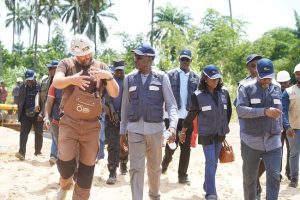
Group Chief Executive Officer of NNPC Ltd, Mr. Mele Kyari, confirmed this during an inspection tour of the OB3 pipeline River Niger Crossing operation at Aboh, Delta State, on Saturday, June 22, 2024.
By design, the OB3 Gas pipeline is the inter-connector which links the Eastern gas pipeline network to the Escravos-Lagos Pipeline System (ELPS) in the West and the Ajaokuta-Kaduna-Kano (AKK) Pipeline in the North.
The River Niger Crossing operation has been the major impediment to the completion of the strategic OB3 Gas Pipeline for over three years due to failure of the various technologies deployed to achieve the construction of the 48-inch pipe under the riverbed between Ndoni in Rivers State and Aboh in Delta State.
But with the adoption of the Micro-Tunnelling/Direct Pipe Installation technology, the new contractors, Messrs HDD Thailand/Enikkom and Tunnelling Services Group (TSG), are making a headway with about 860meters out of the 1,800meters achieved so far.
Speaking after the inspection tour, Kyari expressed delight at the breakthrough, which signals the imminent completion of the project.
“This is a major project of monumental value to our country. What this means is that this is the only way we can deliver the gas revolution. I am very happy and convinced that, latest by the middle of August, we will complete this project. I have been assured of that by the project team,” Kyari stated.
On the significance of the project, he said: “Once completed, we will see about 2.2billion standard cubic feet of gas coming into our network. We believe that this will give our country a breathing space of demand, I am sure we can catch up with that kind of demand in the next one and half years. We are happy that this will give us the platform to unleash the gas revolution in our country”.
Also speaking on the project, the Minister of State for Petroleum Resources (Gas), Ekperikpe Ekpo, expressed satisfaction with the pace of work at the OB3 River Niger Crossing operation, describing it as “Renewed Hope at work”.
“I was here last year, and I saw the work that was going on. There was a promise that it would be completed by December last year. I took it with a doubt. But today, from what I can see, I am confident that by July or August it will be completed, and it will be commissioned by the President,” the Minister stated.
On her part, the Special Adviser to the President on Energy, Olu Verheijen, said she was looking forward to the completion of the project having been assured by the technical team that the right technology has been found to resolve the complex challenges of the River Niger Crossing.
“As the Minister and other speakers have said, we are looking forward to having this project deliver prosperity to Nigerians in the form of electricity and other areas,” Verheijen said.
The Managing Director of Tunnel Service Group (TSG), one of the contractors to the project, Mr. Ingo Justen, who is personally on ground to supervise the project on the request of the GCEO, expressed confidence that the current technology being applied in the execution of the project would lead to its speedy conclusion.
In a presentation earlier, the Managing Director of NNPC Gas Infrastructure Company (NGIC), Seyi Omotowa, disclosed that at the rate of progress with the new technology deployed, the River Niger Crossing operation, which is the only aspect of the OB3 Gas Pipeline Project left, will be achieved on schedule.

